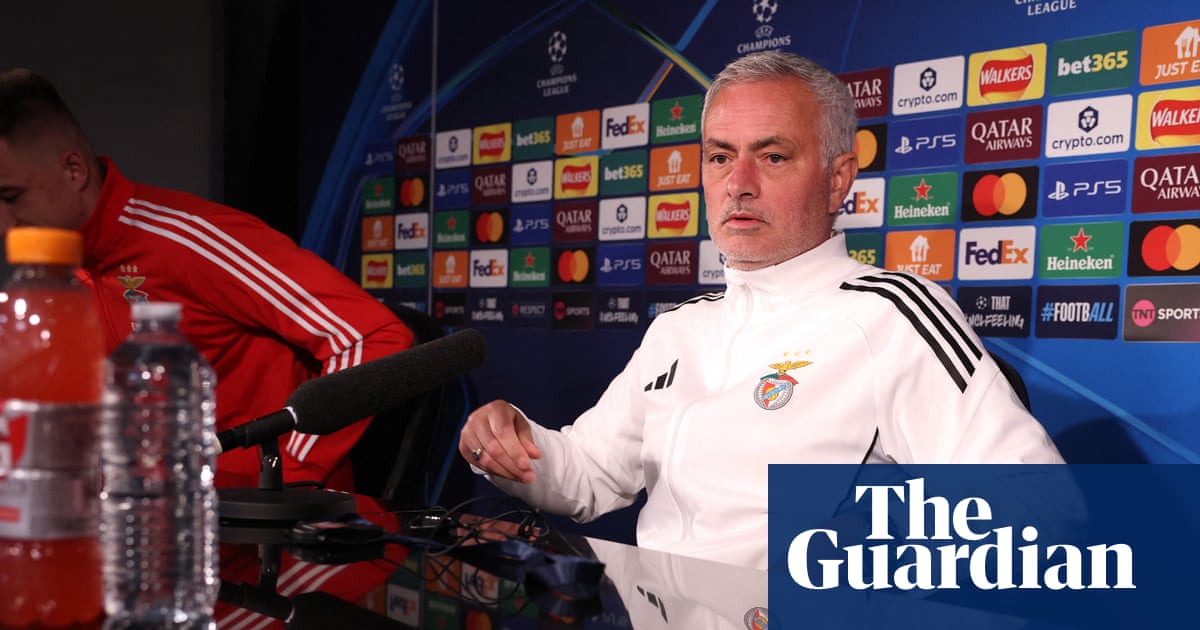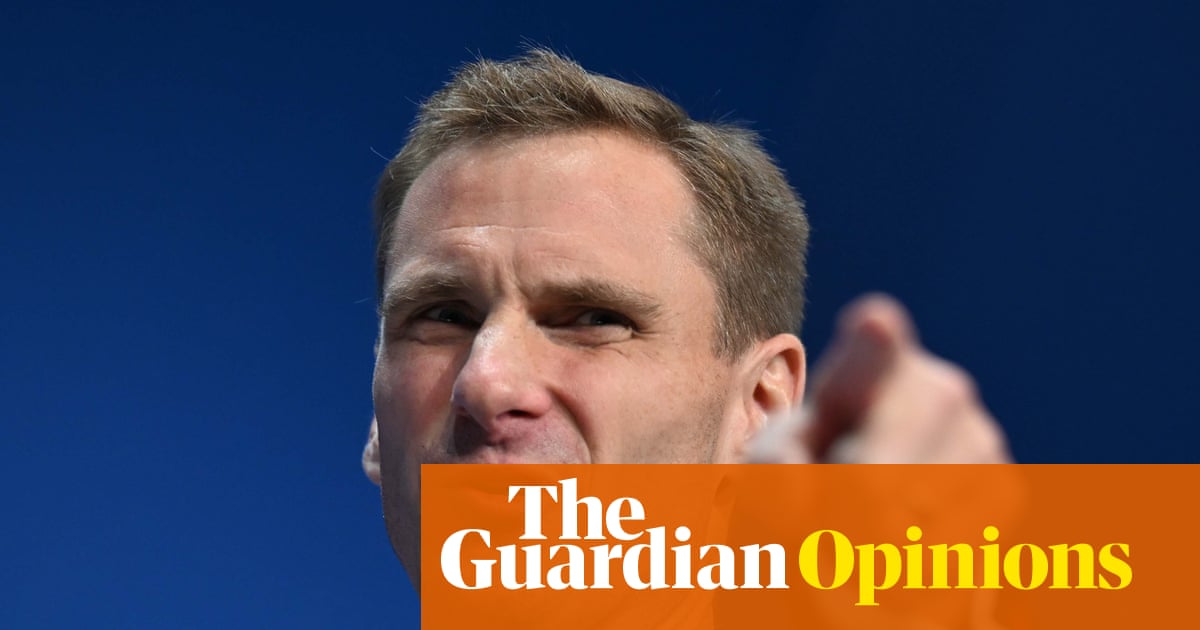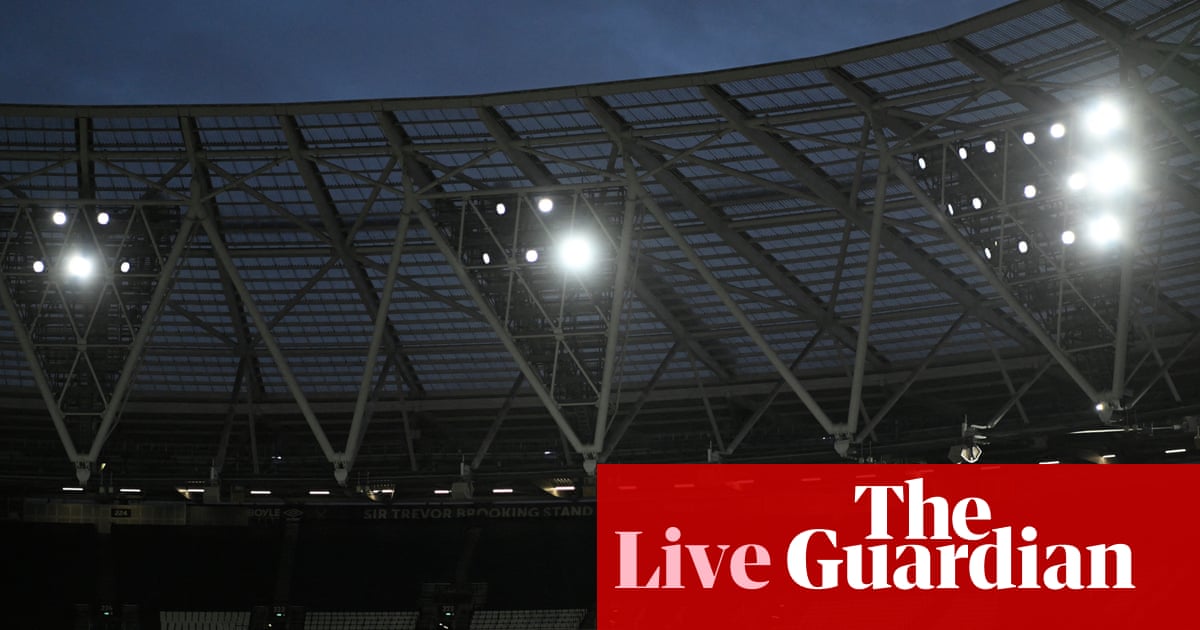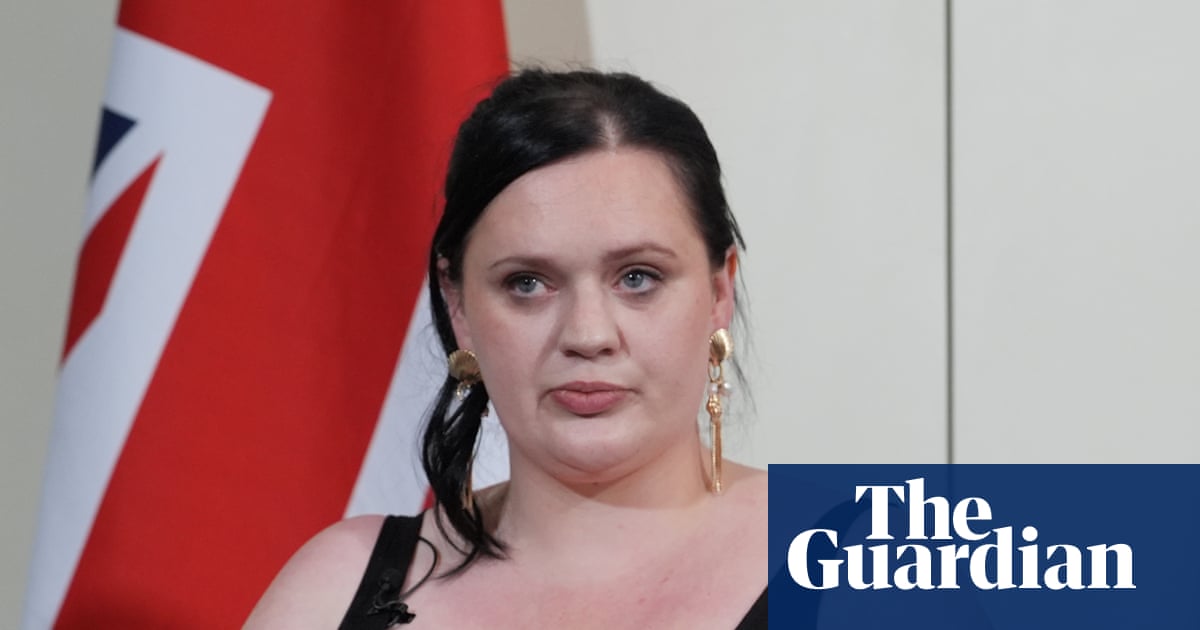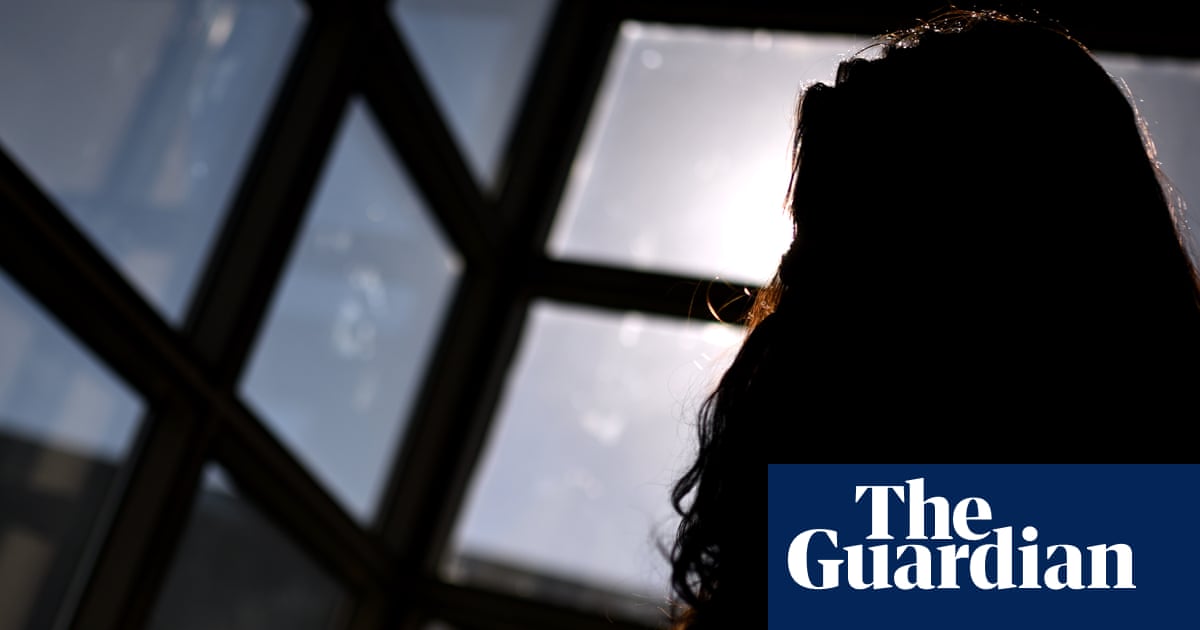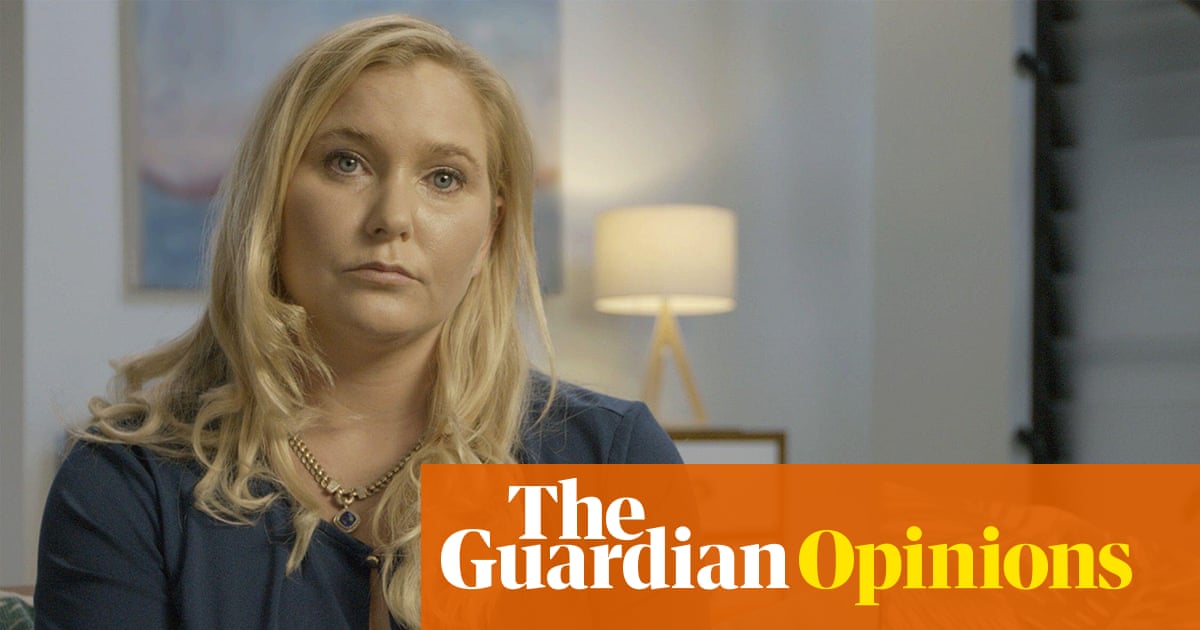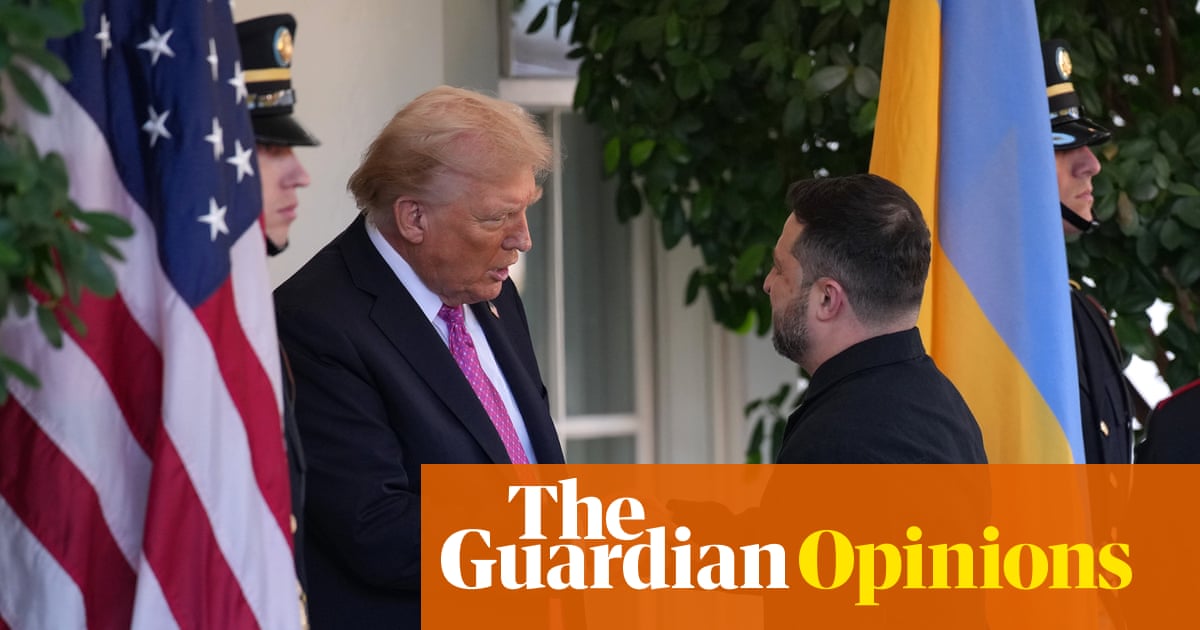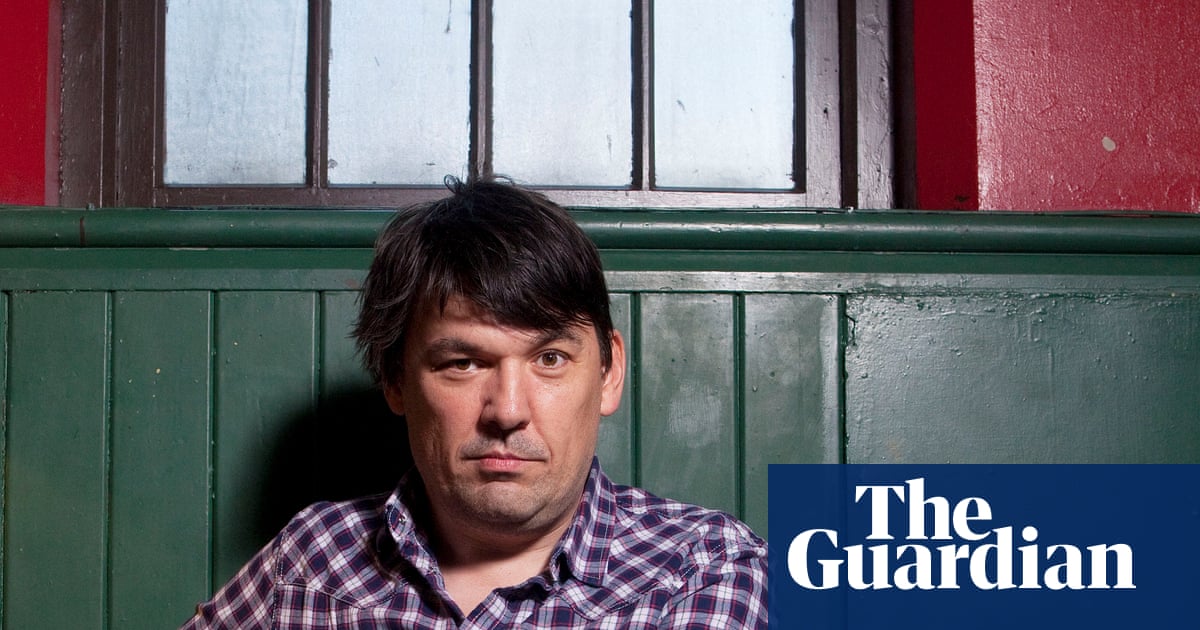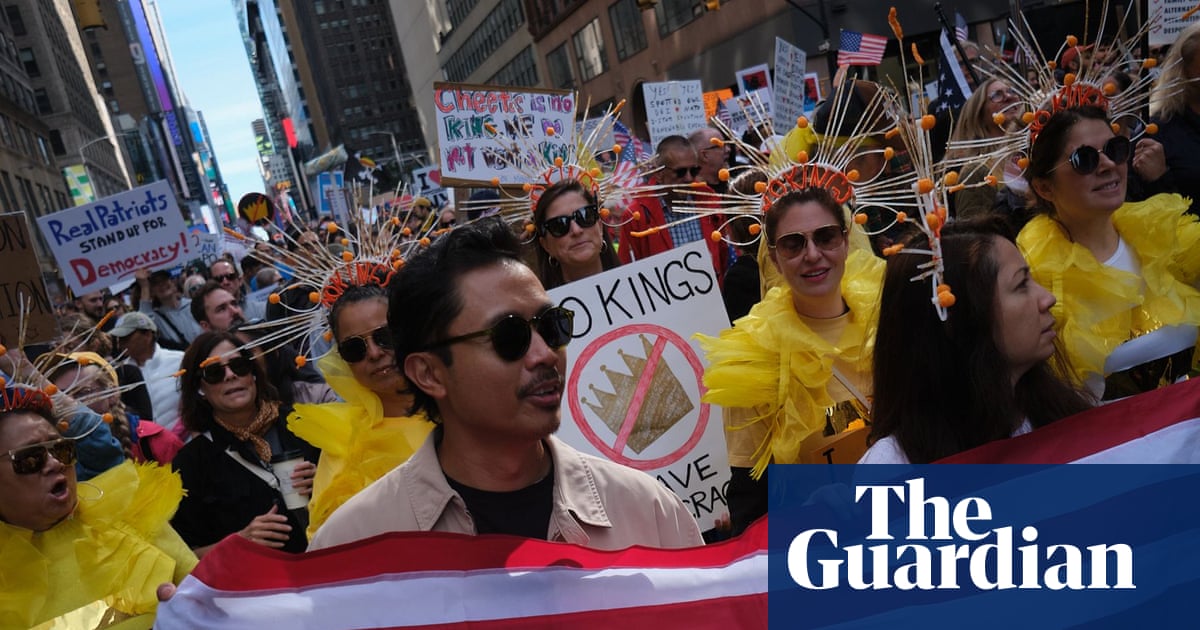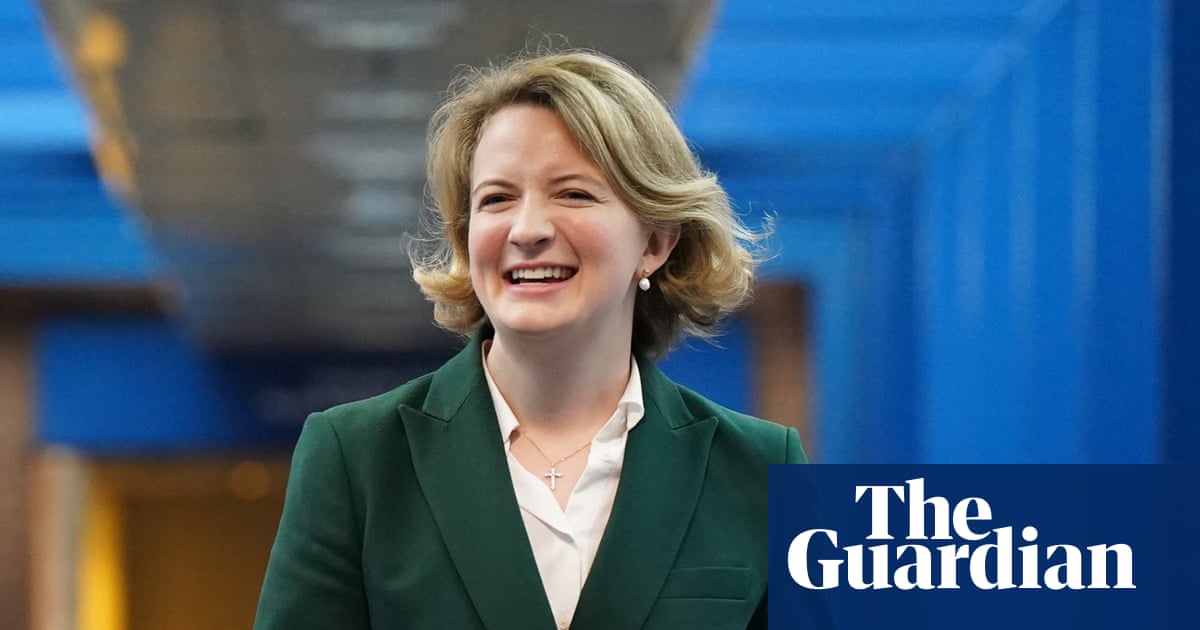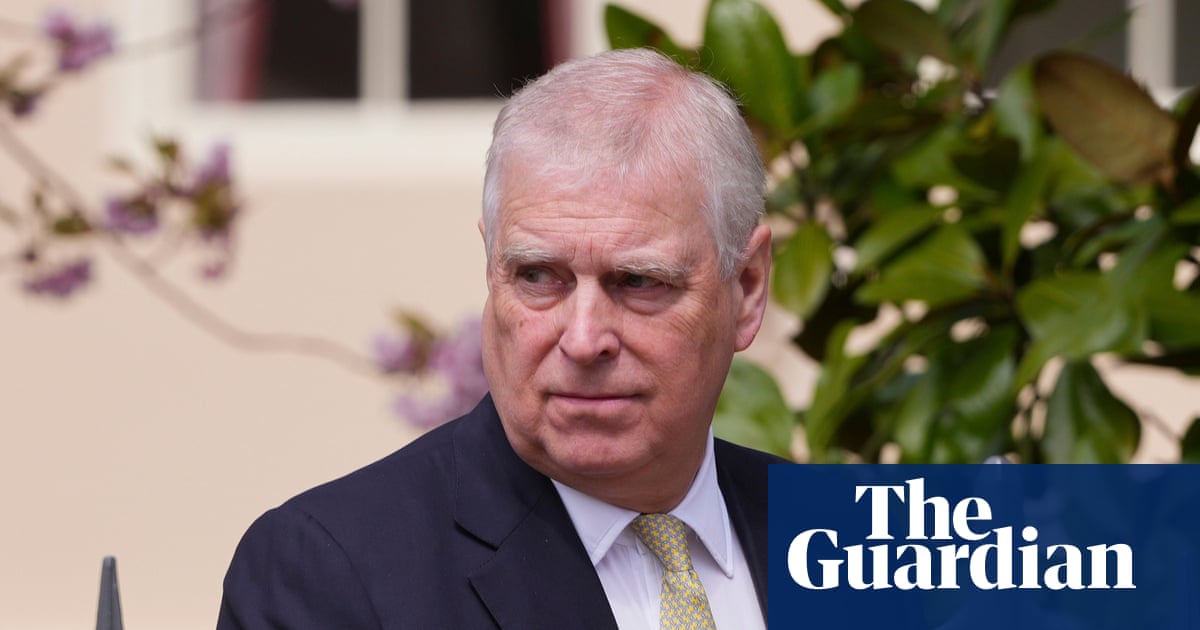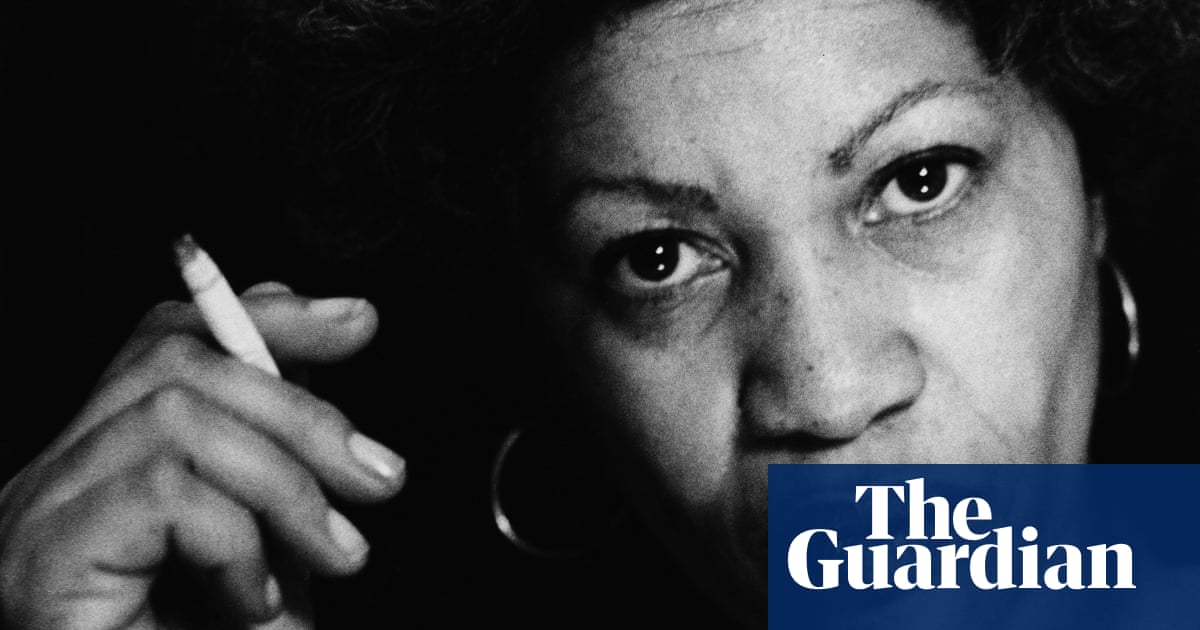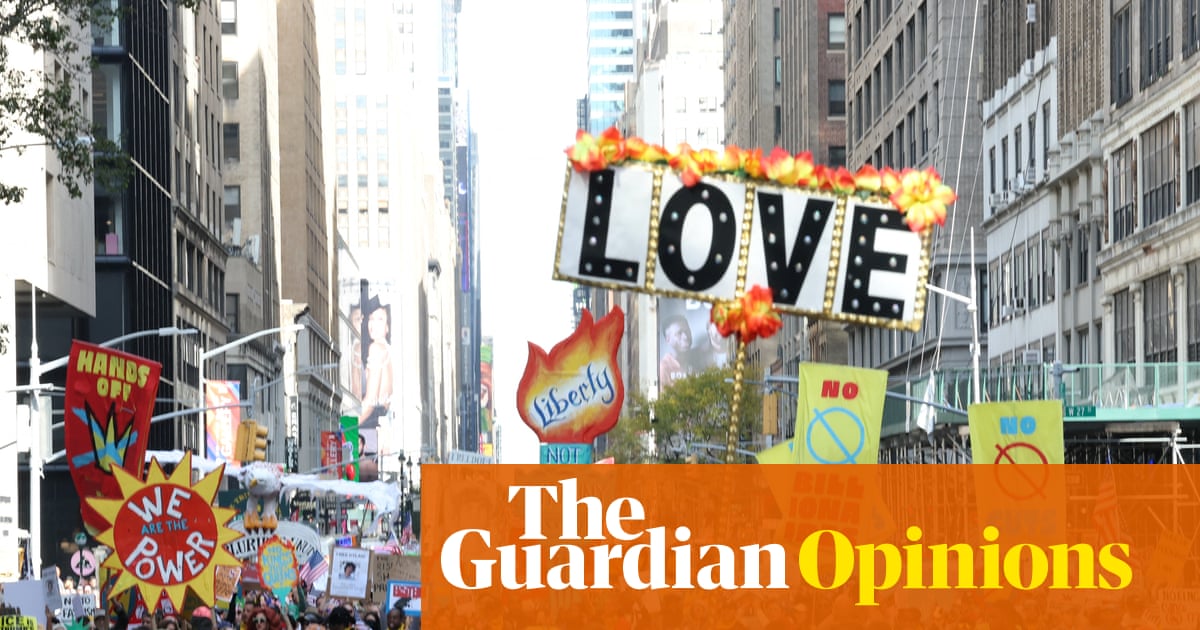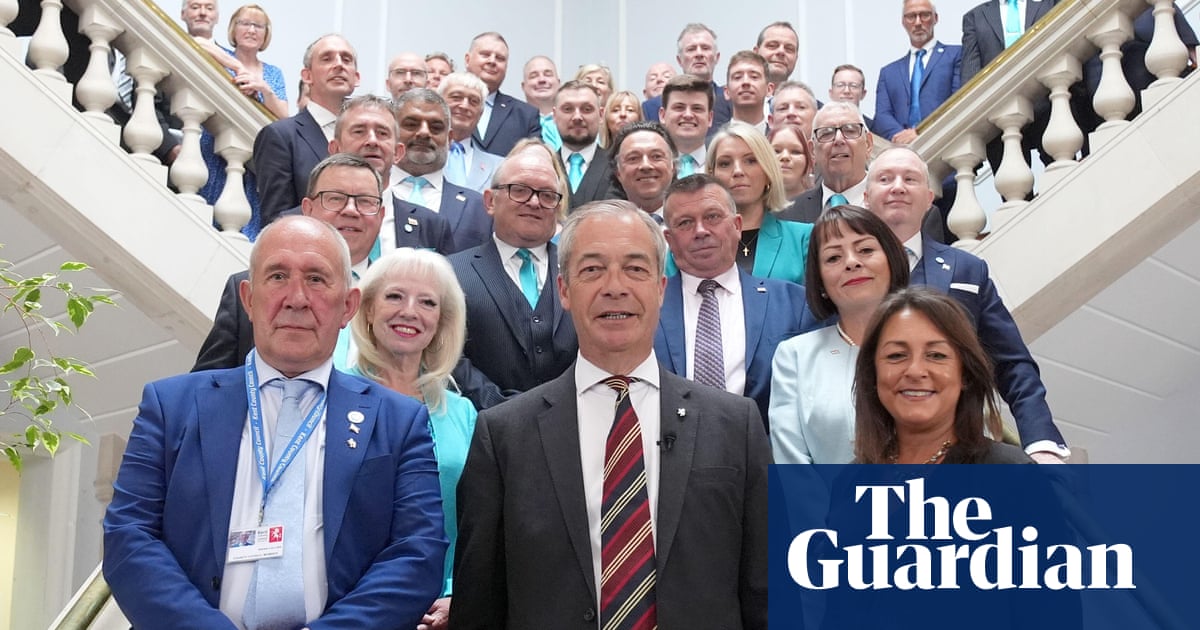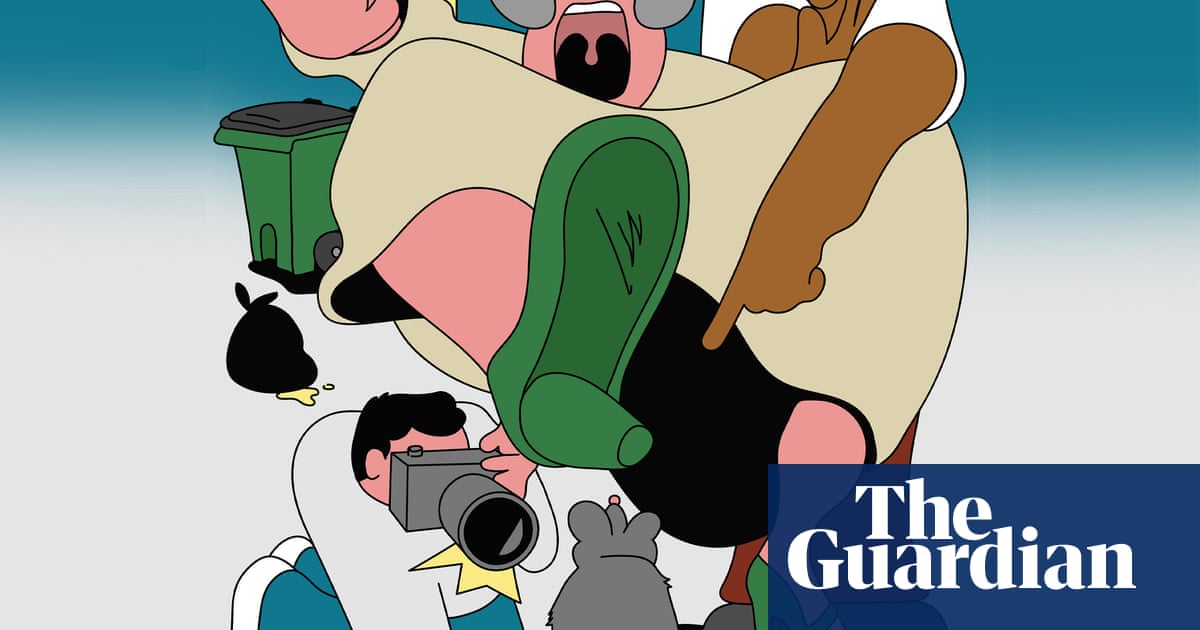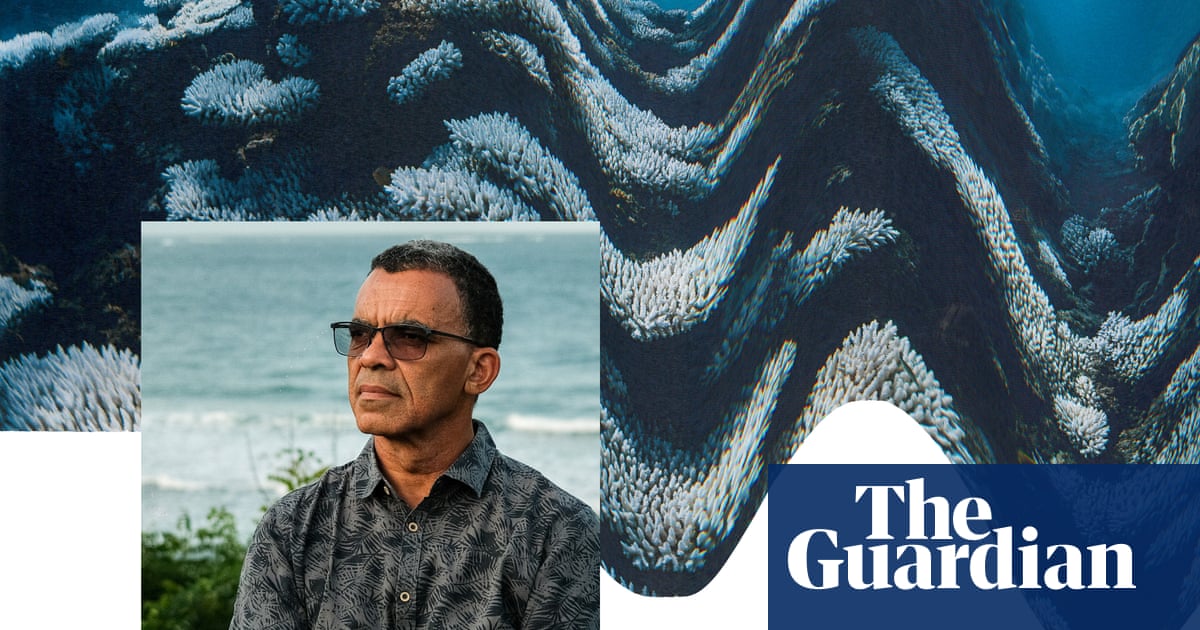It’s October 2017 and I’m sitting at the National Theatre, notebook open and pen poised, waiting for the third preview of my play Beginning to begin. The first previews had flown and I felt relaxed, enjoying the preshow music and its house party vibes. But instead of the play’s two characters, Laura and Danny, awkwardly flirting in her north London flat, I found myself imagining a couple 10 years older, in a big house in Essex. A relationship at breaking point. Middle. Fuck, I thought, and pushed the thought away as the show started.
Eight years on and the final play of my trilogy, End, is in rehearsal at the National Theatre, with Saskia Reeves and Clive Owen playing a couple knocking 60. The three plays aren’t linked narratively as I wanted audiences to be able to experience them as individual works. Beginning tells the story of a couple on the edge of 40 who have just met and the 100 minutes it takes them to kiss. Middle is the story of a late fortysomething couple whose marriage hangs in the balance at 4am. In End, Alfie and Julie must decide how to live the end of their relationship. You don’t have to have seen Beginning or Middle to appreciate or enjoy End, but the collection of plays make a whole and explore my preoccupations from differing perspectives.
The plays consider relationships and the different kinds of loneliness that exist in and out of them. They share worlds in north London and Essex; they’re all single-action plays that exist in real time. In all three there’s music and dancing, some food and drink and tidying up. The men all support West Ham United. There’s a sense of progression. Beginning begins at about 2am and by the time End ends it’s about 8.20am. The plays are set in late 2015 and the first half of 2016 in what feels like a more innocent time, when the London Olympics are a recent memory. In all three plays, six lives stand on the edge of massive change. So does the world.
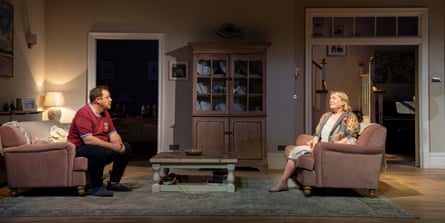
Initially, after my moment of epiphany, I was reluctant to write Middle, although I couldn’t stop thinking about it. The problem was at that stage I didn’t have an idea for End, and I didn’t want to start writing a second play until I had an idea for the third. I knew Middle would look at a relationship in crisis, so I didn’t want to write a “divorce play” with End. I didn’t want to write a “deathbed” play either. After a while, I realised the way you live your end as a couple might be a choice. It might be something the characters don’t agree upon.
In Beginning and Middle the characters live what I’d describe as regular lives, but I realised they didn’t have to in End. Like me, the characters could come from working-class Essex backgrounds but now live in north London. They could have professional lives as artists, a writer and a DJ. In the play, Alfie quips to his partner, Julie, “it’s been a long time since we’ve been ordinary people” and she replies, “where you come from never really leaves you”. After nearly two years of mulling, by August 2019 I knew I had two more plays in me.
One of the chief pleasures of making these plays is in the way audiences seem to take them to their heart. I’ve lost count of how many punters asked me if Laura and Danny stay together and have a child after the end of Beginning. One couple who saw the play on their first date, got engaged and sent me a picture of their wedding rings engraved with Beginning. A few years later, one of them emailed me with the news they were getting divorced. It made me feel inconsolably sad. As if I were somehow personally responsible. Claire Rushbrook and Daniel Ryan who performed Middle often struggled to get beyond the stage door after a show for audience members sharing tales of relief that their marriages had survived – or ended.
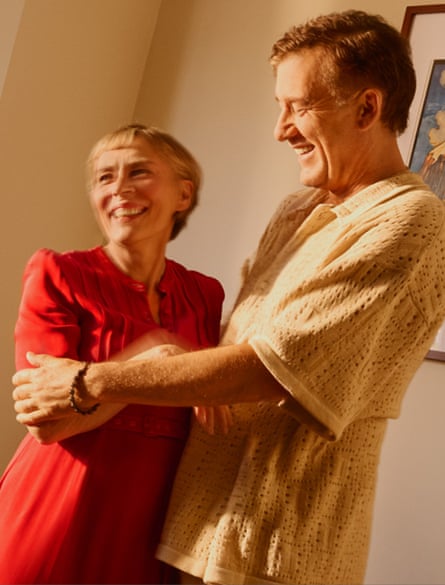
“Relatability” is a word often used in relation to the plays, but it’s not something I strive for consciously. I try to tell the truth about people, and I think about John Osborne’s notion, that he wanted to give audiences “lessons in feeling”. Early in 2023, I made a Manchester Beginning for the Royal Exchange theatre. Although I know the city well, I fretted initially about Crouch End in north London becoming West Didsbury and Manchester United becoming Danny’s team. But the audience connected with the universal feelings of insecurity and attraction we all experience when we meet someone we like, not a street name or a football team. I suppose this may explain too why the plays have travelled and found homes in places as varied as Reykjavík, Santiago and Shanghai.
I wrote a first draft of Beginning in November 2015, and it’s been a decade now that I’ve been reflecting upon love and what it means to be with someone. People ask me if my views of relationships have changed over the last 10 years. I think they have. I suspect in my early 40s I was driven by ideas of romantic love, desire, and a notion “if it’s meant to be, it’s meant to be”. But nothing in life is fated and the characters in these plays all make decisions to be brave, to risk their hearts and change the direction of their lives. And they have the wisdom to create the space that might allow them to feel differently. Fancying the pants off someone still matters. But to love is to decide to give love a chance too. At 52, I think I stand with my characters.
We’ll have to see how End goes but I suppose it’s a truth, to borrow from Benjamin Franklin, that in this world nothing can be said to be certain, except taxes and death. We live our whole lives with the knowledge that one day we will be gone and that those who love us most will lose us. When I was writing End, I came across the work of Crouch End poet Carole Satyamurti, who died in 2019. In her striking posthumously published memento mori, she reflects “… the trick is to resist anticipating / The time when November gales/ Will strip the trees of consolation, turn / Our gaze earthwards to where brown / Leaves inscribe mortality in every dusk; / But celebrate the reds, the blues, the blacks”. It’s how we live that matters. Right until the very end.

.png) 3 hours ago
2
3 hours ago
2
